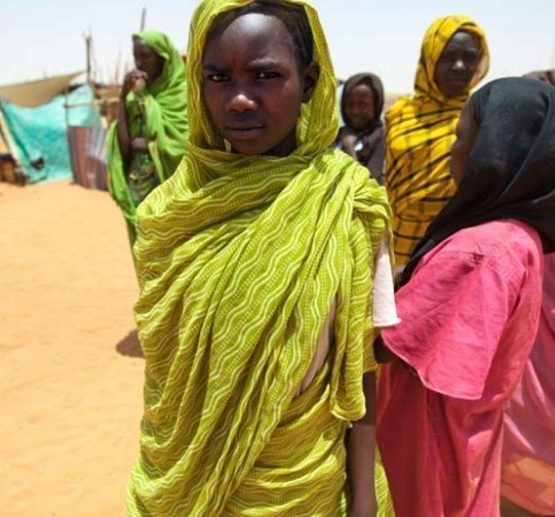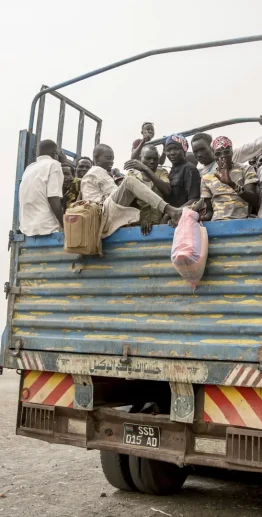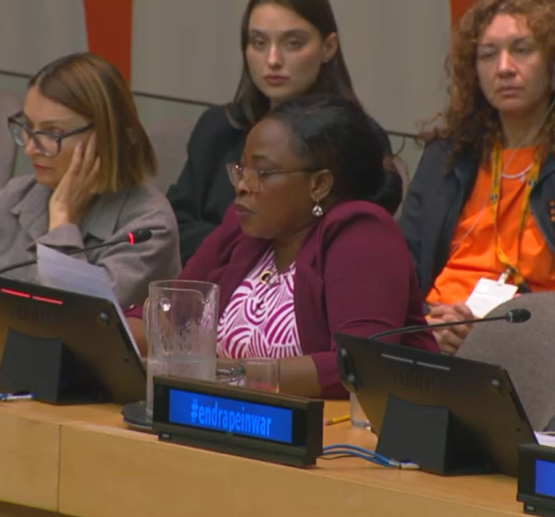A Shameful Promotion of Evil
Recently the group, UN Watch, released this article which brought up a major issue within the UN. This July, Sudan’s Ambassador to the UN, Daffa-Alla Elhag Ali Osman, chaired the UN Economic and Social Council’s (ECOSOC) sessions in Geneva. ECOSOC oversees many human rights and humanitarian issues. The committee’s importance is described in a separate article by UN Watch’s executive director: “ECOSOC is the sole principal organ under the UN Charter mandated to adopt resolutions for the purpose of promoting respect for, and observance of, human rights and fundamental freedoms for all.” It almost goes without saying that having Sudan chair meetings that focus on humanitarian aid and the promotion of human rights, is not only hypocritical, but also counterproductive. With the Sudanese president and other senior government officials indicted by the International Criminal Court (ICC) for genocide, crimes against humanity, and war crimes, it is outrageous that this same government is heading sessions aimed at preventing mass atrocities and dealing with other human rights issues. The Sudanese government’s abysmal record with dealing with humanitarian organizations has long been documented. In 2009, they expelled 16 international and domestic aid organizations from Sudan that provided approximately 50% of the aid to the people of Darfur. The government also continues to limit the access of organizations to certain parts of the country. Most recently, on August 6, 2013, Sudan ejected 20 staff members of the UN High Commission on Refugees (UNHCR) working in the country after refusing to renew their work permits. Sudan continues to make it difficult for humanitarian workers to aid the millions of displaced currently living without basic necessities.
This current controversy began in January when Sudan was elected to the position of Vice President of ECOSOC. Their position was extended in February when it was announced they would chair the “humanitarian affairs segment.” In reaction to this turn of affairs, the US and members of the European Union protested the appointment in February. Fortunately, this participation by several members of the international community led to the post being given to Pakistan in March, while still taking a leading role in ECOSOC. Countries including China, Venezuela, and Cuba spoke against the claims against the Sudanese government and supported its appointed to the humanitarian affairs segment.
The UN can be a massive tool for change; however, when events like this take place the entire validity of the UN is called into question. These actions show that members of the international community are actively promoting Sudan’s status in humanitarian and human rights efforts, instead of enforcing any responsibility to protect the Sudanese people. The genocide against the people of Darfur has been occurring over the past 10 years with over 500,000 people killed and millions becoming internally displaced or international refugees. The government is responsible through acts of both omission and commission in the perpetration of these crimes. It is therefore reprehensible that an organization such as the U.N., which is responsible for ensuring basic human rights as well as international peace and security, can allow the representatives of this state to be responsible for an international forum whose is tasked with the promotion of humanitarian aid and human rights.



